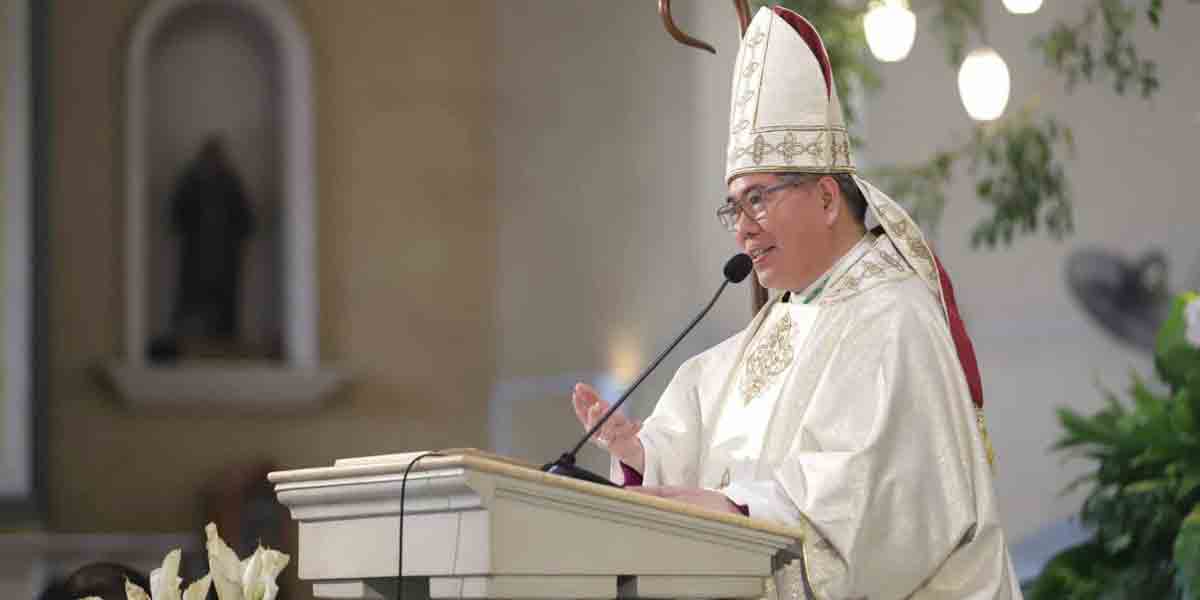By Fr. Roy Cimagala
LET’S be wary of the danger that the privileges, gifts and good fortune we enjoy in life can bring about. Christ warned us of this possibility when he said, “When you are invited by someone to a wedding banquet, do not recline at table in the place of honor. A more distinguished guest than you may have been invited by him…Rather, when you are invited, go and take the lowest place…” (Lk 14,8-10)
And he concluded this warning by saying that “everyone who exalts himself will be humbled, but the one who humbles himself will be exalted.” (Lk 14,11) Instead, he asked us to give special or preferential attention and care for the poor, the weak and the sick.
It’s a lesson that we should learn and live well. It is what makes us like Christ and able to do and cooperate with his sanctifying and redemptive mission that we have to continue till the end of time.
Let’s be reminded that the privileges, favors and blessings we enjoy in life are meant for us to strengthen our desire to serve and not to be served. But as it is, we should try to avoid them, since they tend only to spoil and corrupt us.
We have to be most wary when we happen to enjoy some privileged positions or status in life because we tend to think that we deserve more entitlements. And not only would we expect them. We may even demand them for us.
This, sad to say, seems to be a common phenomenon these days. It can affect everyone, of course, but it especially affects the young ones who appear to be more privileged than those in the previous generations because of the many new things they are learning and enjoying now. And they feel entitled.
We should banish this temptation as soon as it makes its appearance felt in us. On the contrary, we should follow the example of Christ who, in spite of who he is, just wanted to serve.
We should develop the intense desire to have a special concern for those who have less in life, like the simple and the weak, the sick and disabled, the children and the poor.
This truth of our faith is somehow highlighted in that gospel episode where Christ preached about the need to be like little children to enter the kingdom of heaven, the care not to despise the little children, and his intent always to look for the lost sheep, regardless of the cost and effort involved. (cfr. Mt 18,1-5.10.12-14)
If we are truly Christian, we should have true and abiding compassion toward everyone, especially the poor and the needy. But we have to understand that compassion should have a universal coverage. It should not be limited to the sentimental aspects of things, nor to relieving the economic and material needs of people alone.
It should cover the whole range of human needs in their proper order of importance, foremost of which is our need for God. We have to learn to distinguish between the pressing and precious needs of man, and to cope with the tension that sometimes arises in our effort to put these two kinds of human needs together.
In this concern, we have to understand that the poor may not be the one who are economically poor. They can be the richest, the most educated, the most famous and powerful, but who happen to be farthest from God. They can turn out, in that context, to be the poorest of the poor, the lost sheep that have strayed farthest from God.
Email: roycimagala@gmail.com
























